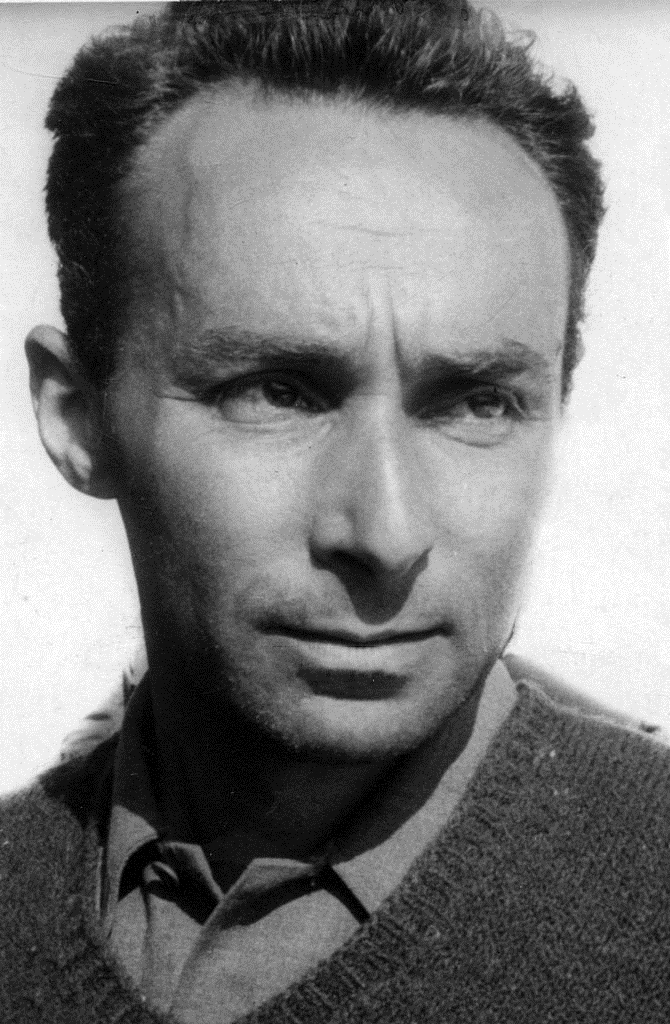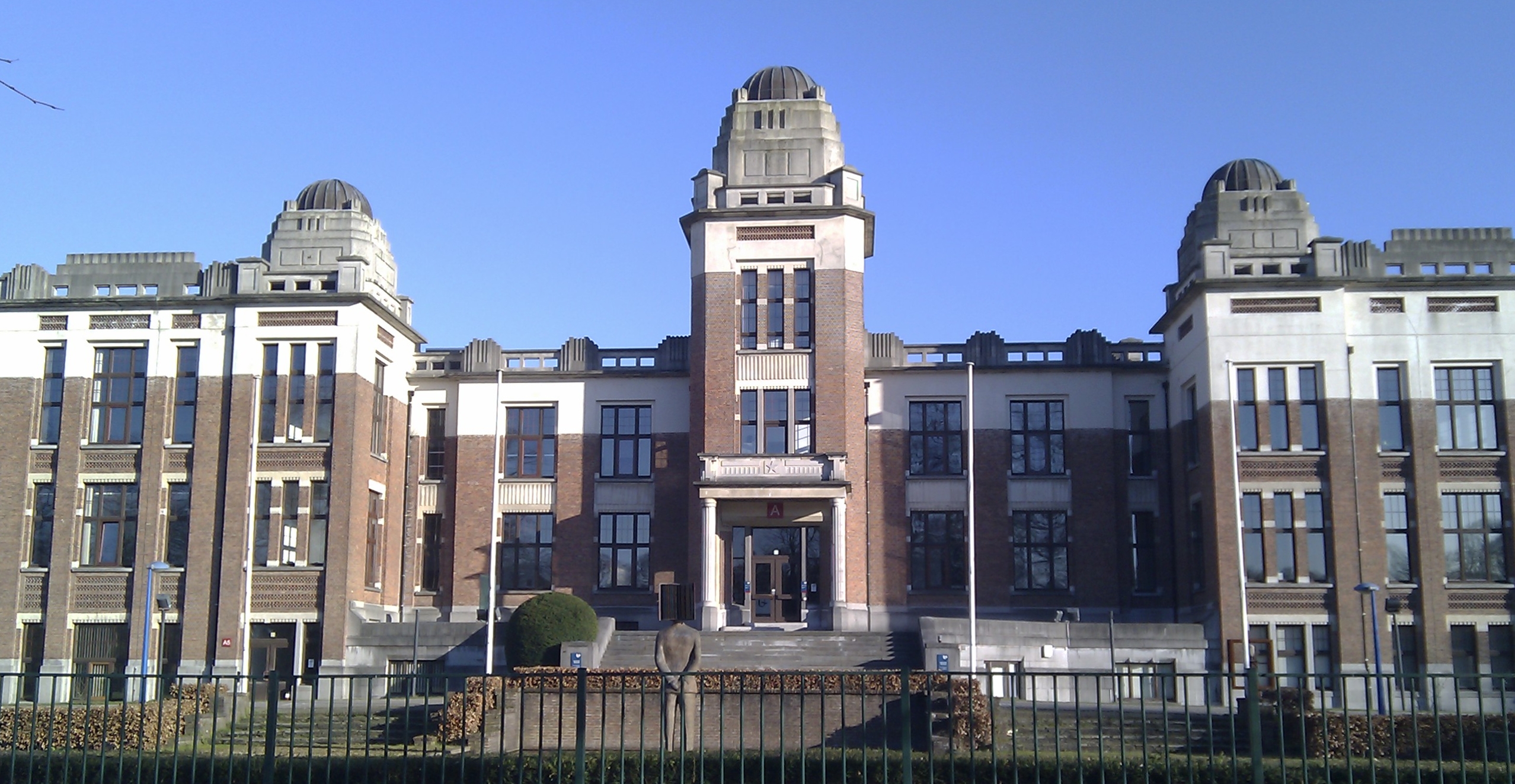|
Simona Cerutti
Simona Cerutti (born 24 September 1954) is an Italian historian. Since 2001 she has been Directrice d’Etudes à l’Ecole des Hautes Etudes en Sciences Sociales in Paris, and she is also Directrice responsable du Laboratoire de Démographie et Histoire Sociale (LaDéHiS) at EHESS, Paris. Biography Cerutti attended high school in Turin. As soon as she enrolled at university, she started (by chance) to work at the Einaudi publishing house in Turin, where she was able to meet people such as Giulio Einaudi, Italo Calvino and Primo Levi. Cerutti also studied under Giovanni Levi, who introduced her to historical research and archives, and supervised her thesis. Levi coordinated a network of young researchers, beginners in historical research, who met at his house for weekly seminars of reading and discussion of texts. In 1980, when Levi and Carlo Ginzburg began the "Microstorie" series, she edited the volumes in the publishing house. When, in 1985, she left the publishing house and ... [...More Info...] [...Related Items...] OR: [Wikipedia] [Google] [Baidu] |
Giulio Einaudi
Giulio Einaudi (; 2 January 1912 – 5 April 1999) was an Italian book publisher. The eponymous company that he founded in 1933 became "a European wellspring of fine literature, intellectual thought and political theory"Saxon, Wolfgang ''The New York Times'' (Archives), April 7, 1999. and was once considered the most prestigious publishing house in Italy. He was also the author of books on literature, history, philosophy, art and science. Biography Giulio Einaudi was born in Dogliani (Province of Cuneo), the son of Luigi Einaudi, future 2nd president of the Italian Republic,Hanley, Anne"Obituary: Giulio Einaudi" ''The Independent'', April 19, 1999. and his wife Ida. He attended the Liceo Classico Massimo d'Azeglio,Ward, David. "Primo Levi's Turin." In: Gordon, Robert S.C. (editor). ''The Cambridge Companion to Primo Levi'' (Cambridge Companions to Literature). Cambridge University Press, 30 July 2007. , 9781139827409. CITED: p11 and became a student of anti-fascist Augusto Monti ... [...More Info...] [...Related Items...] OR: [Wikipedia] [Google] [Baidu] |
Italo Calvino
Italo Calvino (, also , ;. RAI (circa 1970), retrieved 25 October 2012. 15 October 1923 – 19 September 1985) was an Italian writer and journalist. His best known works include the ''Our Ancestors'' trilogy (1952–1959), the '' Cosmicomics'' collection of short stories (1965), and the novels ''Invisible Cities'' (1972) and ''If on a winter's night a traveler'' (1979). Admired in Britain, Australia and the United States, he was the most translated contemporary Italian writer at the time of his death. Italo Calvino is buried in the garden cemetery of Castiglione della Pescaia, in Tuscany. Biography Parents Italo Calvino was born in Santiago de las Vegas, a suburb of Havana, Cuba, in 1923. His father, Mario, was a tropical agronomist and botanist who also taught agriculture and floriculture. Born 47 years earlier in Sanremo, Italy, Mario Calvino had emigrated to Mexico in 1909 where he took up an important position with the Ministry of Agriculture. In an autobiographical ... [...More Info...] [...Related Items...] OR: [Wikipedia] [Google] [Baidu] |
Primo Levi
Primo Michele Levi (; 31 July 1919 – 11 April 1987) was an Italian chemist, partisan, writer, and Jewish Holocaust survivor. He was the author of several books, collections of short stories, essays, poems and one novel. His best-known works include ''If This Is a Man'' (1947, published as ''Survival in Auschwitz'' in the United States), his account of the year he spent as a prisoner in the Auschwitz concentration camp in Nazi-occupied Poland; and '' The Periodic Table'' (1975), linked to qualities of the elements, which the Royal Institution named the best science book ever written. Levi died in 1987 from injuries sustained in a fall from a third-story apartment landing. His death was officially ruled a suicide, but some, after careful consideration, have suggested that the fall was accidental because he left no suicide note, there were no witnesses, and he was on medication that could have affected his blood pressure and caused him to fall accidentally. Biography Earl ... [...More Info...] [...Related Items...] OR: [Wikipedia] [Google] [Baidu] |
Giovanni Levi
Giovanni may refer to: * Giovanni (name), an Italian male given name and surname * Giovanni (meteorology), a Web interface for users to analyze NASA's gridded data * ''Don Giovanni'', a 1787 opera by Wolfgang Amadeus Mozart, based on the legend of Don Juan * Giovanni (Pokémon), boss of Team Rocket in the fictional world of Pokémon * Giovanni (World of Darkness), a group of vampires in ''Vampire: The Masquerade/World of Darkness'' roleplay and video game * "Giovanni", a song by Band-Maid from the 2021 album ''Unseen World'' * ''Giovanni's Island'', a 2014 Japanese anime drama film * ''Giovanni's Room'', a 1956 novel by James Baldwin * Via Giovanni, places in Rome See also * * *Geovani *Giovanni Battista *San Giovanni (other) *San Giovanni Battista (other) San Giovanni Battista is the Italian translation of Saint John the Baptist. It may also refer to: Italian churches * San Giovanni Battista, Highway A11, a church in Florence, Italy * San Giovanni Battista, P ... [...More Info...] [...Related Items...] OR: [Wikipedia] [Google] [Baidu] |
Carlo Ginzburg
Carlo Ginzburg (; born April 15, 1939) is an Italian historian and proponent of the field of microhistory. He is best known for ''Il formaggio e i vermi'' (1976, English title: ''The Cheese and the Worms''), which examined the beliefs of an Italian heretic, Menocchio, from Montereale Valcellina. In 1966, he published ''The Night Battles'', an examination of the ''benandanti'' visionary folk tradition found in sixteenth- and seventeenth-century Friuli in northeastern Italy. He returned to looking at the visionary traditions of early modern Europe for his 1989 book '' Ecstasies: Deciphering the Witches' Sabbath''. Life The son of Natalia Ginzburg, a novelist, and Leone Ginzburg, a philologist, historian, and literary critic, Carlo Ginzburg was born in 1939 in Turin, Italy. His interest for history was influenced by the works of historians Delio Cantimori and Marc Bloch. He received a PhD from the University of Pisa in 1961. He subsequently held teaching positions at the Univer ... [...More Info...] [...Related Items...] OR: [Wikipedia] [Google] [Baidu] |
Feltrinelli (publisher)
Giangiacomo Feltrinelli Editore is an Italian publishing company founded in 1954 by Giangiacomo Feltrinelli. Imprints Feltrinelli imprints include: * Feltrinelli ** Universale Economica Feltrinelli ** Feltrinelli Zoom ** Feltrinelli KIDS ** Fox Crime Feltrinelli * Gribaudo * Kowalski * Marsilio * Urra * Apogeo ** Apogeo Sushi * Editorial Anagrama Anagrama is a Spanish publisher founded in 1969 by Jorge Herralde. In 2010 it was sold to the Italian publisher Feltrinelli. Since 1969, Anagrama has published over 3,500 titles. currently, Anagrama publishes around 100 books annually, between t ... Bookstores Besides publishing the company also owns a bookstore chain. In Milan there is Fondation Feltrinelli, the biggest store of the chain that also programs theater, live music, open debates, lectures, and workshops. External links Official web site Publishing companies of Italy Publishing companies established in 1954 Bookshops of Italy {{Publish-company-stub ... [...More Info...] [...Related Items...] OR: [Wikipedia] [Google] [Baidu] |
University Of Antwerp
The University of Antwerp ( nl, Universiteit Antwerpen) is a major Belgian university located in the city of Antwerp. The official abbreviation is ''UA'', but ''UAntwerpen'' is more recently used. The University of Antwerp has about 20,000 students, which makes it the third-largest university in Flanders. The University of Antwerp is characterised by its high standards in education, internationally competitive research and entrepreneurial approach. It was founded in 2003 after the merger of three smaller universities. The University of Antwerp ranks as 143rd globally according to 2022 Times Higher Education ranking, 223rd according to 2019 QS World University Rankings and between the 201 and 300th place according to the Academic Ranking of World Universities. The university ranked 7th in the Times Higher Education Ranking for Young Universities (2019) and 18th in the QS University Ranking Top 50 Under 50 (2020). In ten domains the university's research is among the best in the ... [...More Info...] [...Related Items...] OR: [Wikipedia] [Google] [Baidu] |
Living People
Related categories * :Year of birth missing (living people) / :Year of birth unknown * :Date of birth missing (living people) / :Date of birth unknown * :Place of birth missing (living people) / :Place of birth unknown * :Year of death missing / :Year of death unknown * :Date of death missing / :Date of death unknown * :Place of death missing / :Place of death unknown * :Missing middle or first names See also * :Dead people * :Template:L, which generates this category or death years, and birth year and sort keys. : {{DEFAULTSORT:Living people 21st-century people People by status ... [...More Info...] [...Related Items...] OR: [Wikipedia] [Google] [Baidu] |
21st-century Italian Historians
The 1st century was the century spanning AD 1 ( I) through AD 100 ( C) according to the Julian calendar. It is often written as the or to distinguish it from the 1st century BC (or BCE) which preceded it. The 1st century is considered part of the Classical era, epoch, or historical period. The 1st century also saw the appearance of Christianity. During this period, Europe, North Africa and the Near East fell under increasing domination by the Roman Empire, which continued expanding, most notably conquering Britain under the emperor Claudius (AD 43). The reforms introduced by Augustus during his long reign stabilized the empire after the turmoil of the previous century's civil wars. Later in the century the Julio-Claudian dynasty, which had been founded by Augustus, came to an end with the suicide of Nero in AD 68. There followed the famous Year of Four Emperors, a brief period of civil war and instability, which was finally brought to an end by Vespasian, ninth Roman emperor, a ... [...More Info...] [...Related Items...] OR: [Wikipedia] [Google] [Baidu] |



